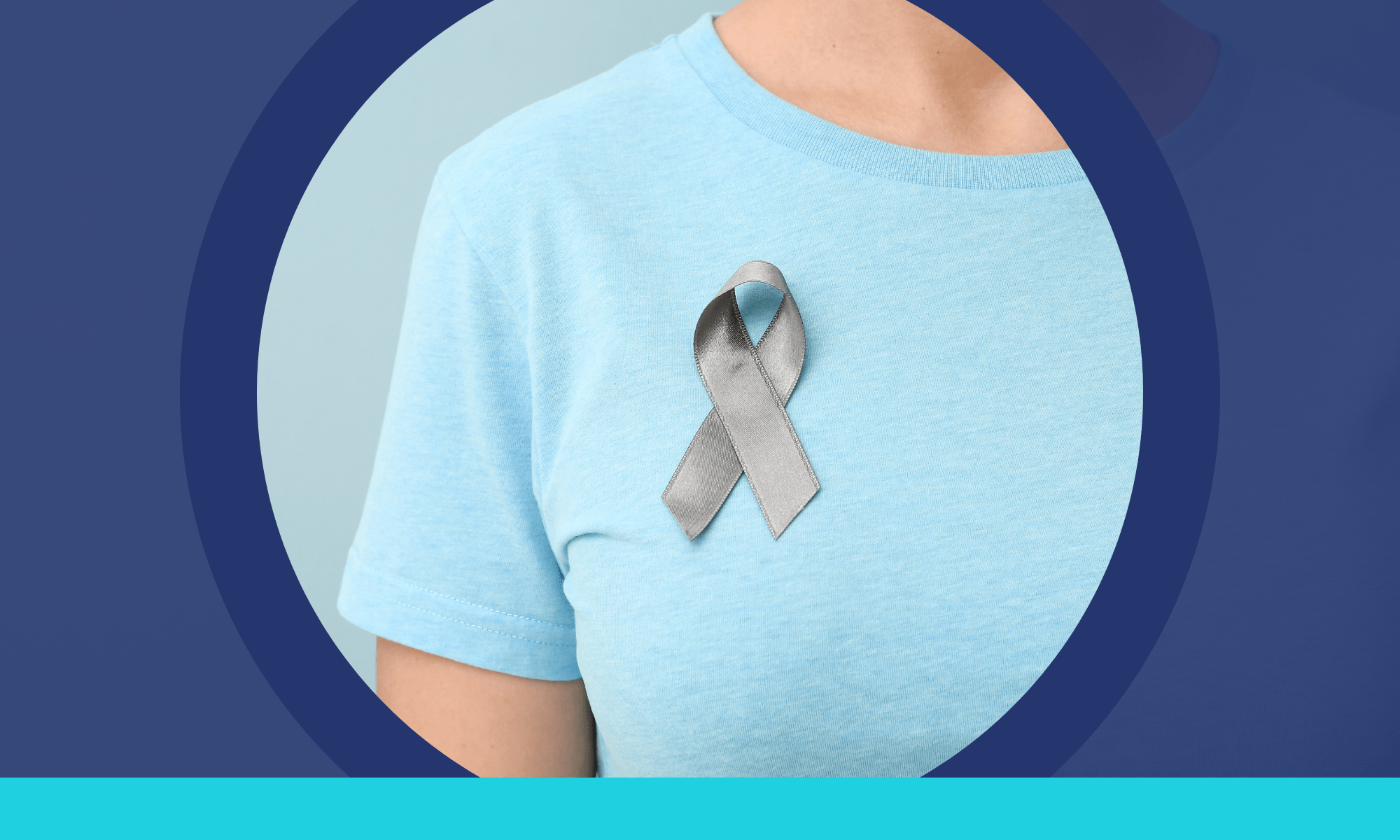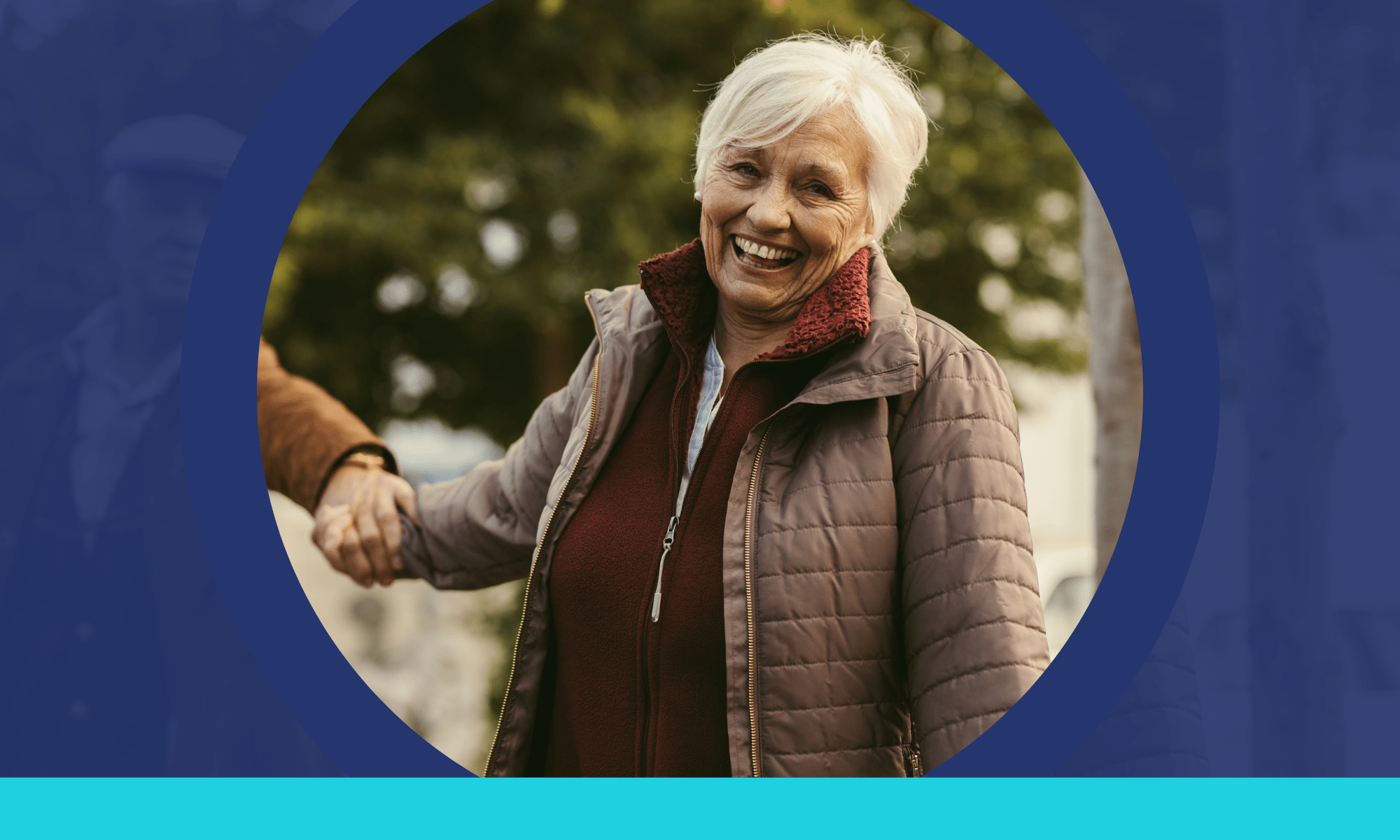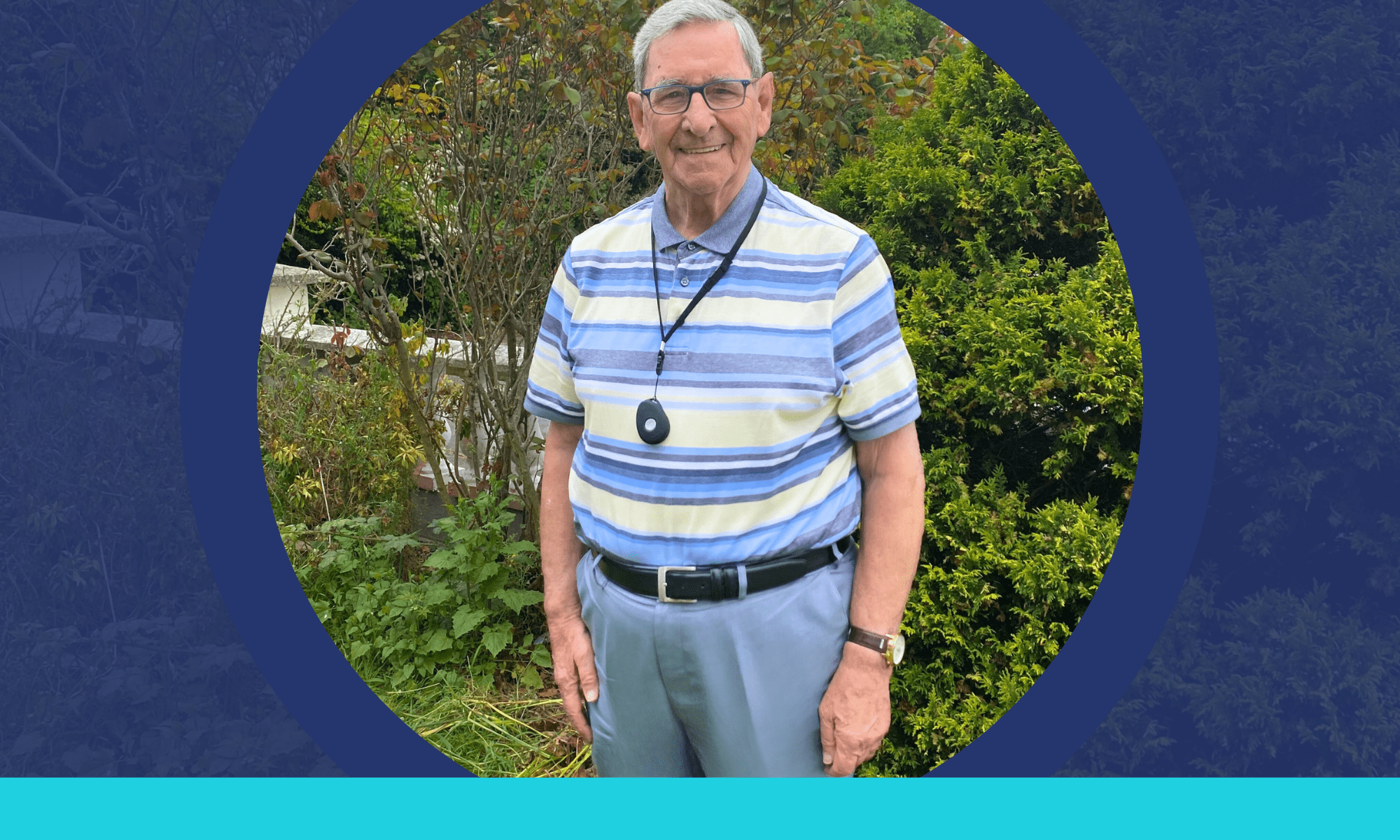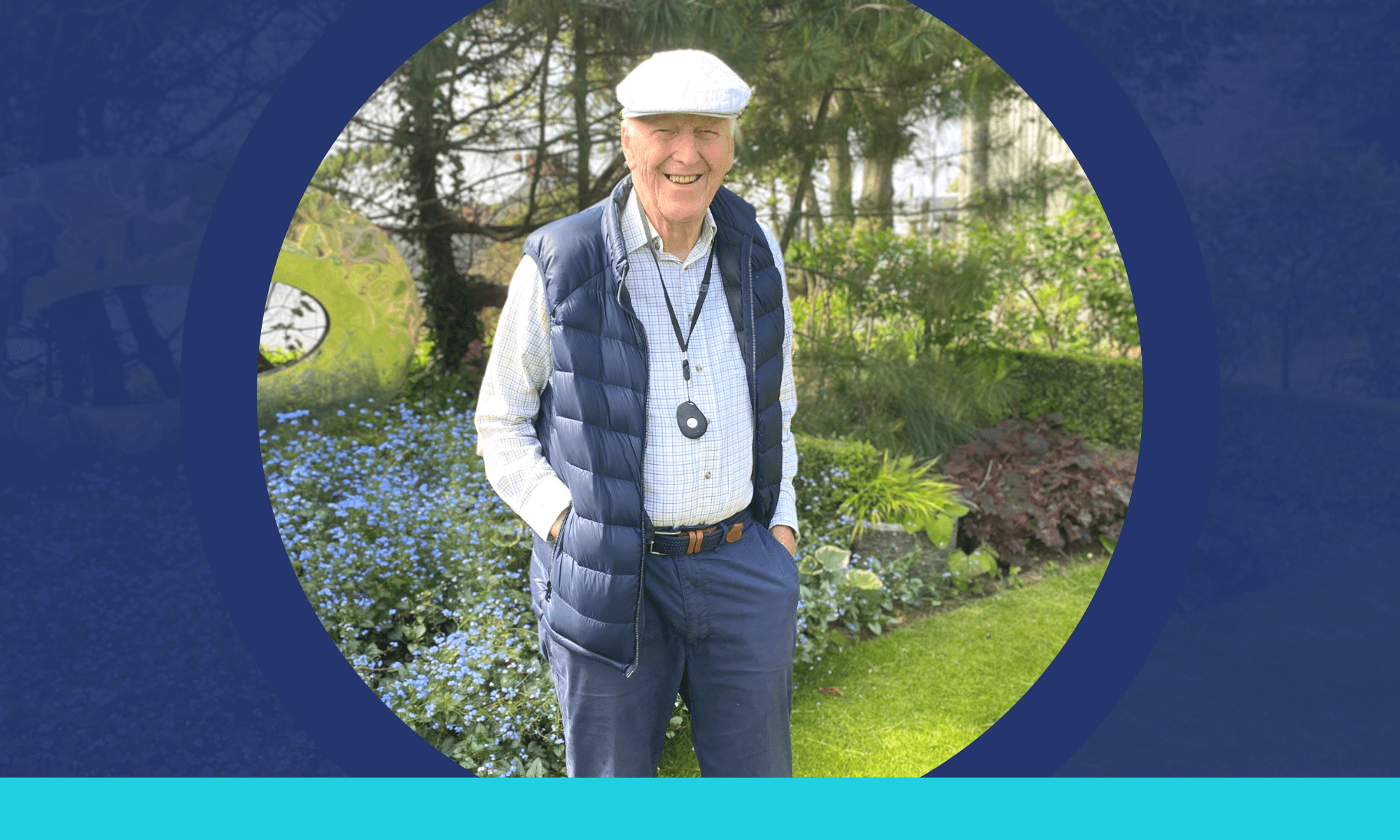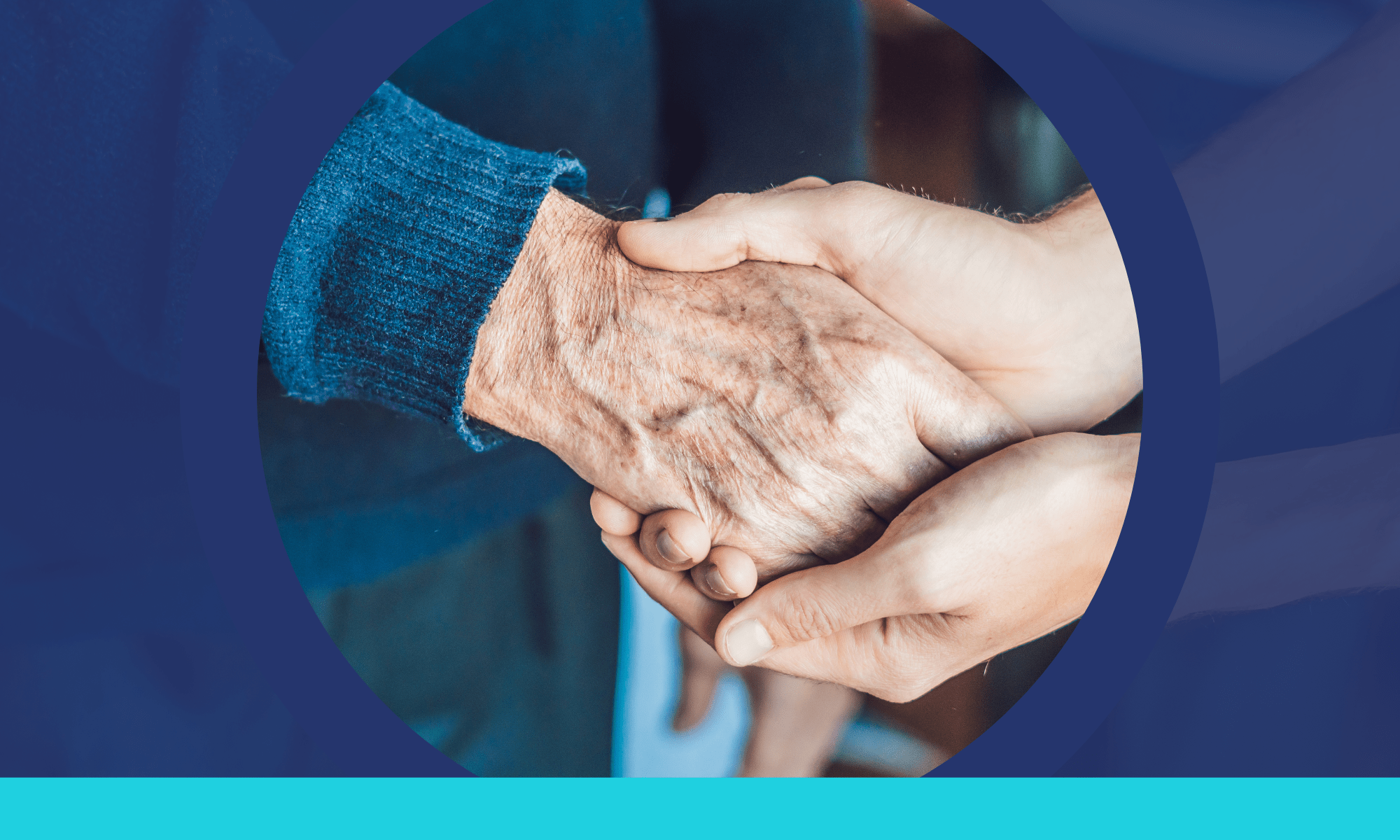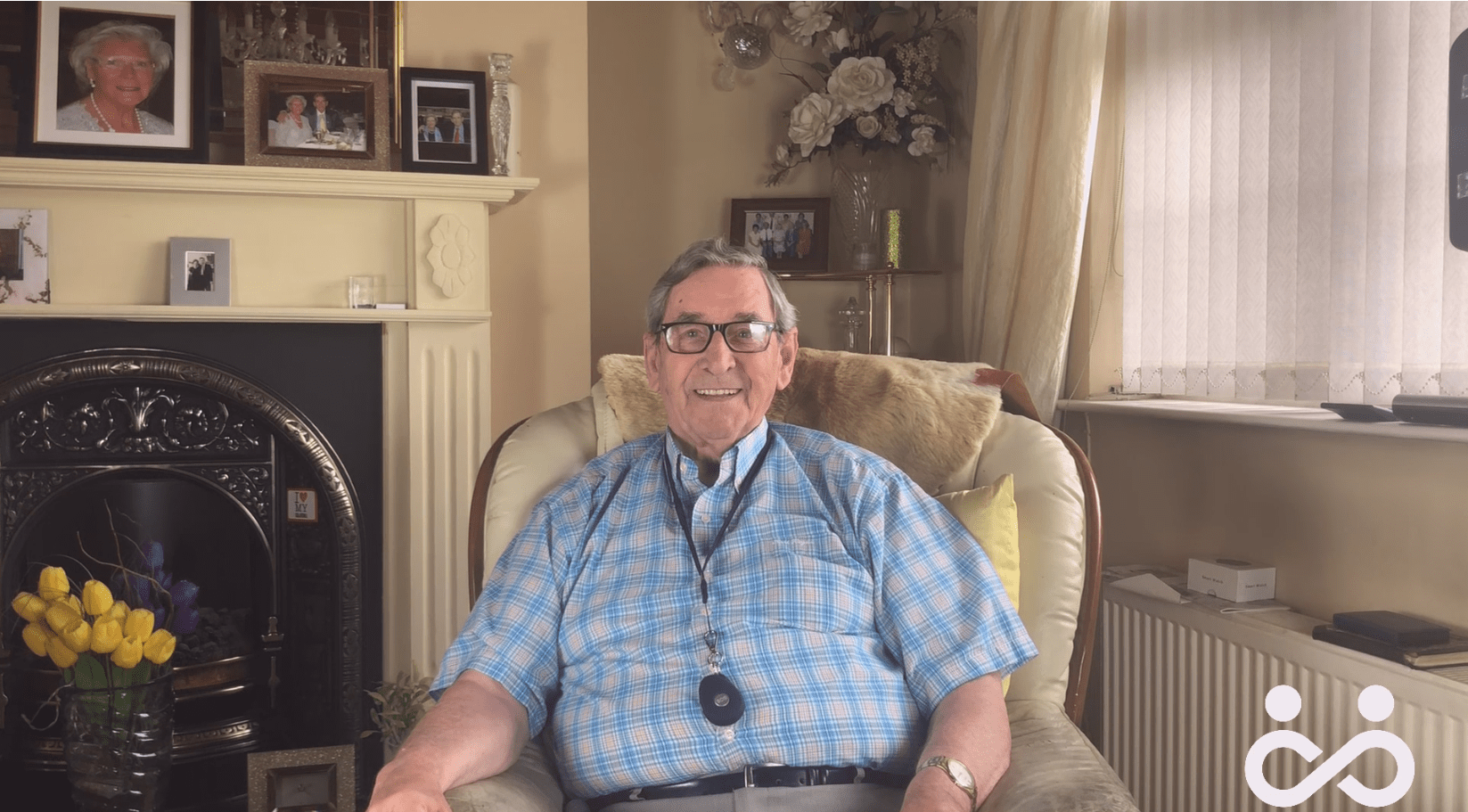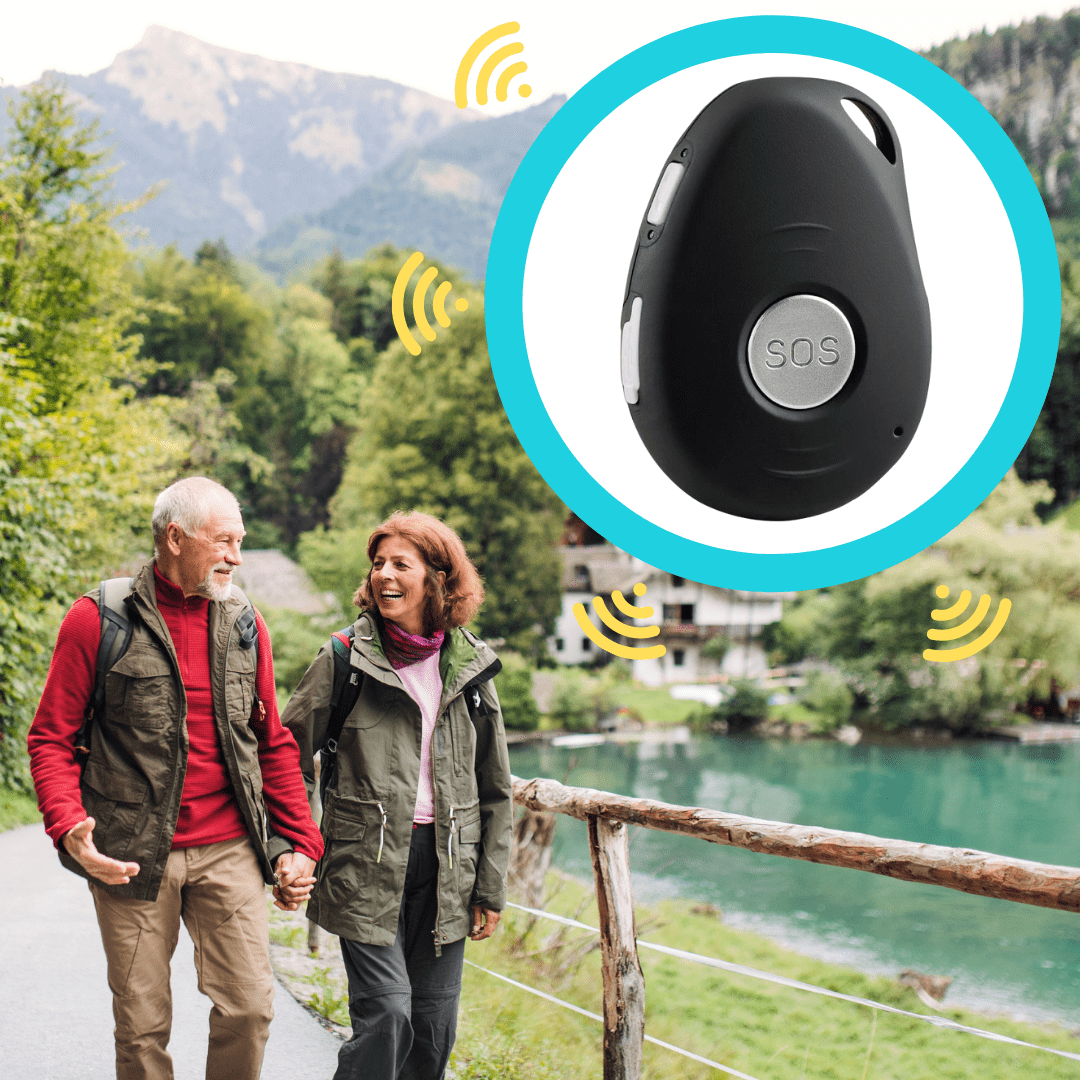Isaac Care Supporting Efficient Hospital Discharge
Delayed discharge refers to the situation where a medical patient is deemed well enough for discharge but they are unable to leave hospital because arrangements for continuing care have not been finalised. There are many reasons for delayed discharge, the most frequent one, impacting over 1,000 patients in 2022, was inadequate supports available to care for them in their homes.
Delayed discharge can occur for a number of different reasons such as:
There can be many negative effects while discharge is delayed in hospitals, such as:
• Risk and increase in contracting infections.
• Overcrowding.
• An increase in hospital and health system costs from use of high cost hospital beds for care.
• It contributes to patient and family stress.
How Isaac Care Supports Efficient Hospital Discharge
At Isaac Care we believe that people recover better in the comfort of their own home. Our aim is to provide support to our clients to enable them to retain their independence.
Isaac Care offers wraparound support enabling clients to recover at home post hospital treatment.
This is done through our unique combination of assistive technology along with our network of specially trained care staff, available nationwide.
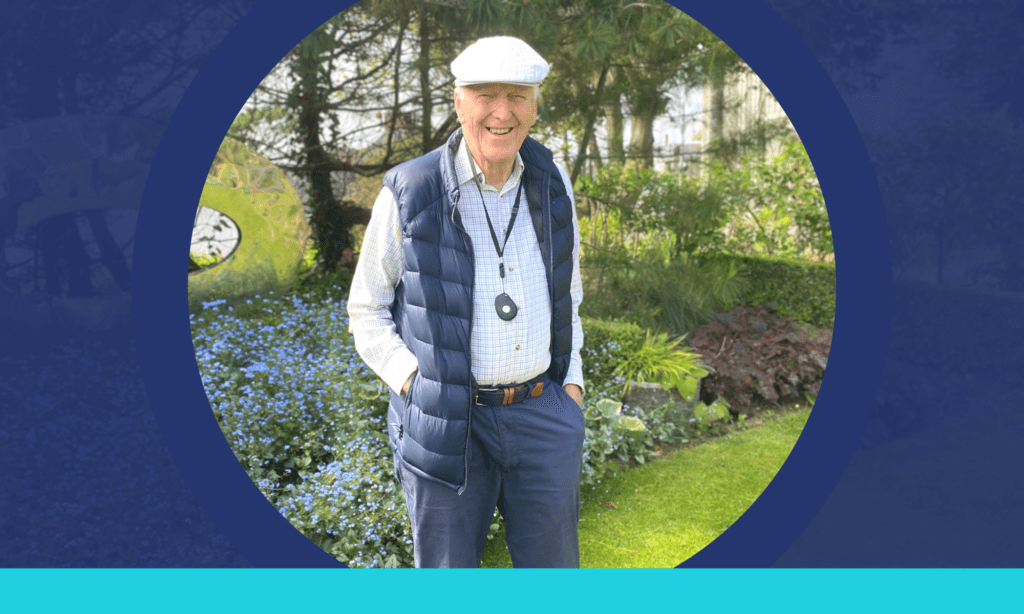
When discharged into our care, we step in with a personalised care plan and closely monitor our clients’ health metrics post discharge in order to reduce the chance of readmission to hospital. Our care partners design a reablement package to support them in getting back to full health.
Our Partnership with Myhomecare
Isaac Care have partnered with MyHomecare to provide high quality personalised care to each of our clients. Our partnership with MyHomecare means we have highly trained and compliant nursing and support staff available from immediate effect.
Myhomecare are the first homecare company in Ireland to receive an internationally recognised JCI Accreditation in Quality and Patient Safety. They are now part of a prestigious group of healthcare services that hold this achievement which include – Mater Private, Bon Secours, Mount Carmel and Merlin Park.
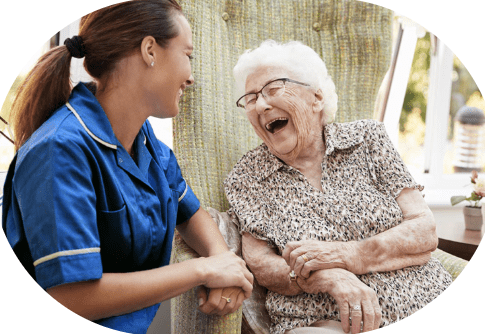
The partnership between Myhomecare and Isaac Care means we can provide a complete care solution. Our remote patient monitoring team keep a close eye on our clients’ vital signs within the first three days following discharge. These days are critical for ensuring your loved one stays well. We then step in with a reablement package from MyHomecare to support your loved one in getting back to full health.
This reablement package ensures efficient discharge from stepdown units, an area where an intermediate level of care is provided. When a client is discharged, a care plan is put in place which ensures they receive high quality homecare along with comprehensive remote patient monitoring. This allows us to ensure the risk of readmission is minimal.
Did You Know?
• There were over 207,000 lost bed days in HSE hospitals last year, due to delayed discharges.
• Over 7,100 patients were medically fit to leave but remained in hospital due to a lack of step-down care.
A rapid community response nurse led team, supported by clinical nurse managers, client care managers and bookings coordinators, allow care to be carried out in the right place, the home. This is done within 24 hours after the client’s hospital assessment has taken place. It enables a speedy discharge from hospital to home, allowing for much needed increased hospital bed capacity.
We can give clinicians access to clients’ health data, which enables data-driven decision making and helps improve patient outcomes. In turn, this reduces the risk of clients being re-admitted to hospital. At Isaac Care, we ensure the right care is delivered in the right place and at the right time.
Get in Touch
Our dedicated team are on hand to assist you in any way. Contact us on (042) 936 8391 or fill in your details in the contact form and one of our team will be in touch.





